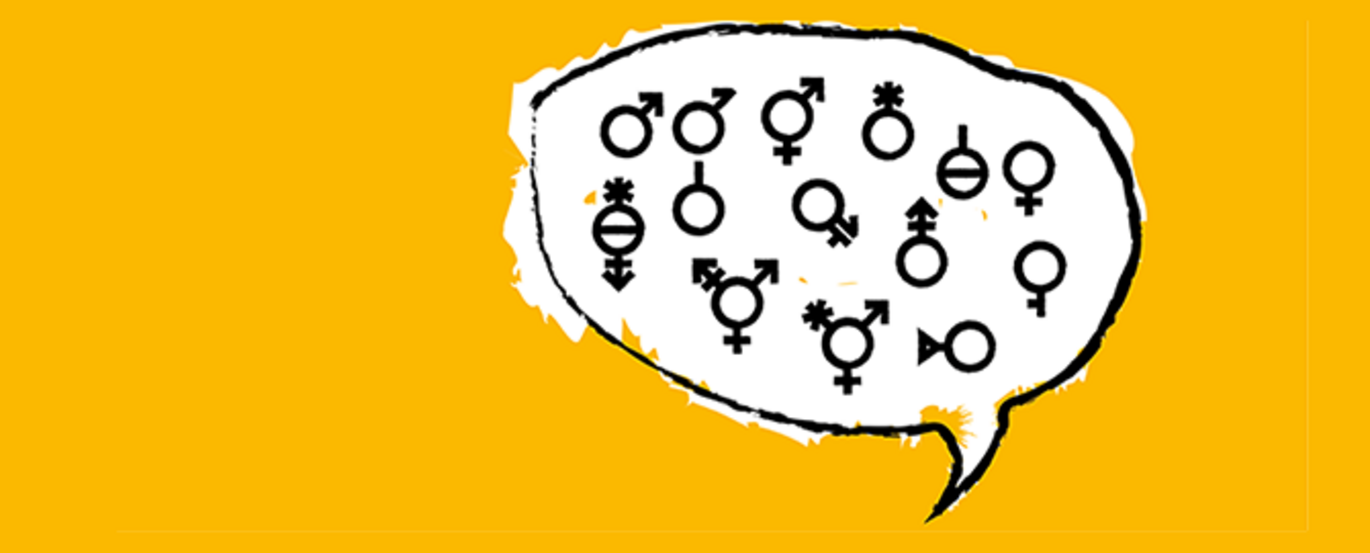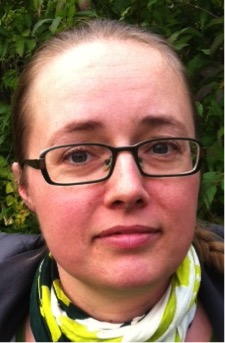Gathering gender researchers
The Gendering in Research network took shape after Lea Skewes began her PhD and discovered that she lacked a professional community with other gender researchers at AU. Since then, the network has grown to 120 members and now has the support of the senior management team.


Gendering in Research network
The network is for researchers who work with gender studies and for students who are interested in the field.
The network holds a monthly talk.
Programme for 2017:
30 March
Professor of Psychology, Michelle Ryan, University of Exeter: Uncovering the Glass Cliff: Women’s leadership roles in times of crisis.
27 April
Associate Professor of History, Pernille Ipsen, University of Wisconsin-Madison: Interracial marriage from a historical perspective.
18 May
Associate Professor of Political Science, Evantia K. Schmidt, Aarhus University: Structural changes required to achieve gender equality.
31 August
PhD fellow in Art History, Jakob Rosendal, Aarhus University: Symbols and the meanings and fantasies symbols facilitate about gender.
28 September
Associate Professor of Child and Youth Studies, Lucas Gottzen, Stockholm University: Violence.
26 October
Professor of Child and School History, Ning de Coninck-Smith, Aarhus University: A historical perspective on how the first female academics were received at Aarhus University.
November
Not yet booked
14 December
Master’s degree student in anthropology, Louise Hollerup Christensen, Aarhus University: Body hair (video and presentation).
Lea Skewes, a social psychologist and gender researcher, began to think about gathering all of AU’s gender researchers while she was still a PhD student four years ago. She was the only person at the Interacting Minds Centre who was engaged in gender studies and began to look for colleagues at AU.
"I found out that the gender researchers at AU were spread across different departments and centres and that there was a lack of a professional community among those researchers who had gender as a field of research," says Skewes, who subsequently began to build-up the network that she now runs together with PhD fellow Theresa Ammann.
Supported by the senior management team
Initially, the network was supported by the Interacting Minds Centre, with which Skewes is still affiliated. However, from 1 January the network has received support from the senior management team, initially for the next two years.
"The point of the network is to hear what the other researchers are involved in and to come with inspiration for different angles, literature and cross-disciplinary projects. The kind of sparring that normally takes place between colleagues at a department or centre, but which we don’t have access to in the same way because we’re as spread out as we are," says Skewes.
The network organises a monthly talk by a Danish or foreign gender researcher and has also held larger gender workshops with international keynote speakers. In March, the speaker is the English psychology professor Michelle Ryan. She is the originator of the glass cliff concept – a term for the phenomenon that women are more likely to secure leadership positions when companies are in a crisis and the possibility of success as a leader is therefore low.
Students are welcome
The network is not only for researchers. The monthly talks are open to students who have an interest in the gender field, either because they are working on an assignment involving gender studies, or because they have a general interest in the field.
"Student involvement is also an opportunity to recruit them to research later on," she says.
The presentations are, however, primarily targeted other researchers. Skewes is well aware that inexperienced students can find it hard to follow the presentations at this level, particularly as they take place in English.
More than gender equality
She emphasises that the Gendering in Research Network is not only putting gender equality on the agenda and that the topics are wide ranging. The February topic was homo-culture, and later in the year there will be topics including violence and symbols. This distinguishes the network from the former FRAU network at AU, as she explains.
"The FRAU network was for woman who were researchers to discuss issues about being a female researcher at AU. That’s a discussion that we also have room for in the network, but as part of a wider gender discourse."
Not only for women
Neither is the network only for women.
"It means a lot to have men there too, and we therefore have at least one talk per semester with a male perspective," she says.

